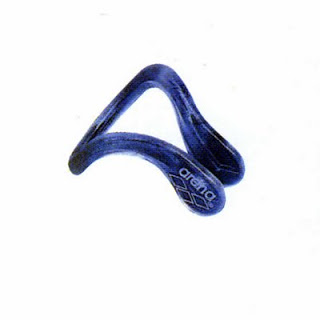How much disease do genes cause? Sure, they cause some rare diseases that affect very few people but what about major health problems, such as depression, that affect everyone? The notion that genes make a big difference to human health — that some people are healthy and others sick because of genetic differences — was much of the rationale for funding the human genome sequencing project, which cost billions. The founders of the company 23andme (23 = 23 human chromosomes) often say genes matter, most recently in The New Yorker:
“It’s very useful if you know that you’re at increased risk for deep-vein thrombosis and you’re on a plane,” she continued. “You might want to stay vigilant about moving around.” Instead of finding out the hard way that their children are allergic to peanuts, parents may someday be able to test their DNA. Even small inherited traits, Avey added, can serve as health clues: “There is some correlation between your ability to metabolize caffeine and your risk for a heart attack.”
There is something breathtaking in the fact that someone who believes you can learn about allergies by studying DNA is taken seriously in The New Yorker.
Some rare non-hype on this issue has recently come from Dr. David Goldstein:
But David B. Goldstein of Duke University, a leading young population geneticist known partly for his research into the genetic roots of Jewish ancestry, says the effort to nail down the genetics of most common diseases is not working. “There is absolutely no question,” he said, “that for the whole hope of personalized medicine [where people with different genes are treated differently], the news has been just about as bleak as it could be.”
The researchers have been unable to find genes that make much difference.
If they had found such genes, I would have been stunned. My self-experimentation has led me to believe that our environments are far from ideal — in non-obvious ways. I believe that people don’t get sick because of their genes, or gene-by-environment interactions, they get sick because of their environments, which lack something essential or include something bad. Animal experiments have given us a decent understanding of nutrition; maybe we know half or more than half of the basic requirements. When it comes to subjects that don’t lend themselves to animal experiments, little is known — about what causes depression, for example. My self-experimentation took over where animal experiments left off; it provided a way to do experiments that generate ideas. (Which is crucial for knowledge advancement, as opposed to career advancement.) I have been able to find one big self-experimental effect after another (most recently, about omega-3s and sleep) related to common health problems only because (a) so little was known and (b) I accidentally picked up an effective tool (self-experimentation) that no one else had used this way (to find new experimental effects).
More More from the other side of the debate: 1. Elderly genetics. 2. Google co-founder has Parkinson’s gene. It is hard to find support for my side of the debate in print. It isn’t easy to notice when you don’t get sick (because of advances in the study of nutrition, for example) so it isn’t easy to notice how study of the environment has paid off in concrete ways. I’m in an unusual position: I can easily notice how my life has improved via self-experimentation.
Even more Dean Ornish agrees with me. Thanks to Carl Willat.
